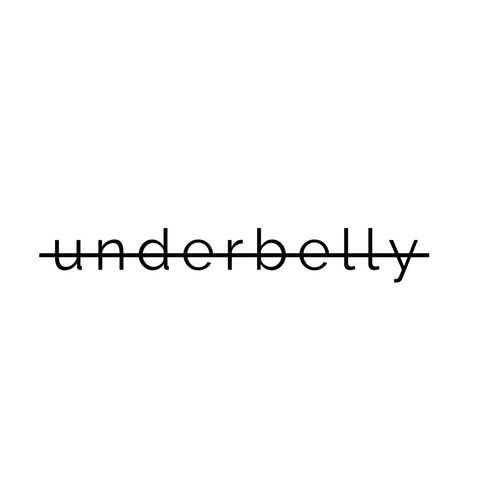Ama Codjoe
I wrote “Blessing the Vessels” for the Hear Me Now exhibit at The Metropolitan Museum of Art in New York City. The exhibit was primarily composed of pottery made by enslaved potters—named and unnamed—in Edgefield, South Carolina. One of the potters, David Drake, also known as Dave the Potter, inscribed verses of poetry and his name into the pots at a time when literacy was illegal for people of African descent.
This is all to say, I felt the task of writing a poem for the exhibit was a sacred task. Four poets, including myself, crafted poems in response to the exhibit and read in the gallery during the last day of the exhibition before it traveled to another museum. My desire to offer a blessing to the pots and the word blessing itself, instantly recalled Lucille Clifton’s poem “Blessing the Boats,” the only poem I can consistently recite by heart. “Blessing the Vessels” composed itself quickly from this point forward.
I moved from the first draft with lines crossed out and additions written in the margins, to a rewriting of the draft which incorporated edits I made and continued to make while composing, to the final typed draft of the poem. Unlike many of the poems I write, the poem felt fully formed in its early iterations. Clifton’s poem provided a container for my efforts and the poem evolved at the same time as it emerged.
< DRAFTS >
< final version >
blessing the vessels
after Lucille Clifton
May you—jug, pot, storage for sustenance—be filled with
a tender gaze. May whatever is hurried, clinical, misapprehending,
or false fall from your back like water. May you retain
your secrets. May you remember your beginning
as clay, as earth, and the nearby rush
of the Savannah—the laughter of its children: the streams.
In each cold room you enter, may the memory of the kiln’s blaze
warm your face. Remember someone, ungloved,
touched you. Turned you round and round. Kept you
from breaking. And when, each night, the visitors leave,
may you rest in the darkness of being unseen.



